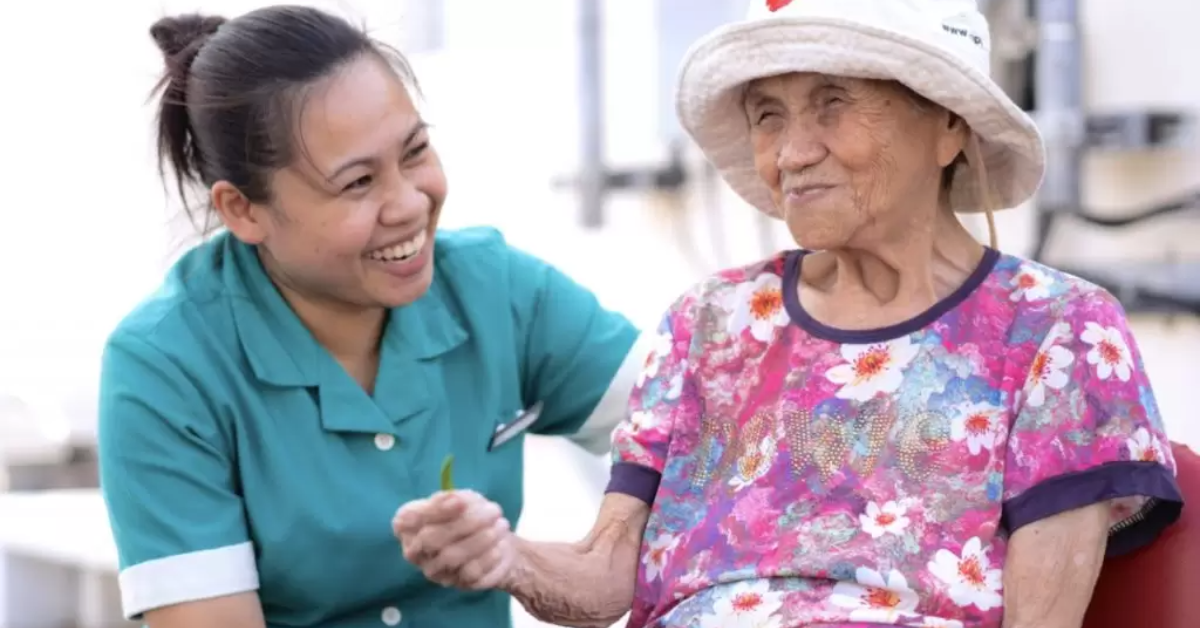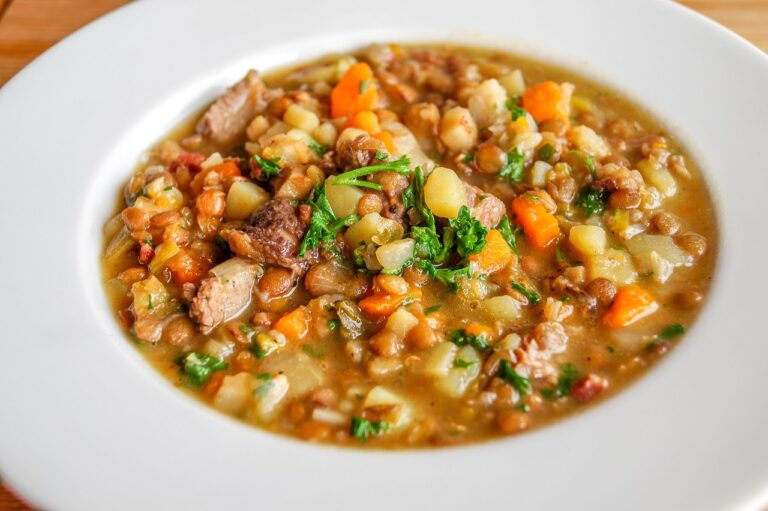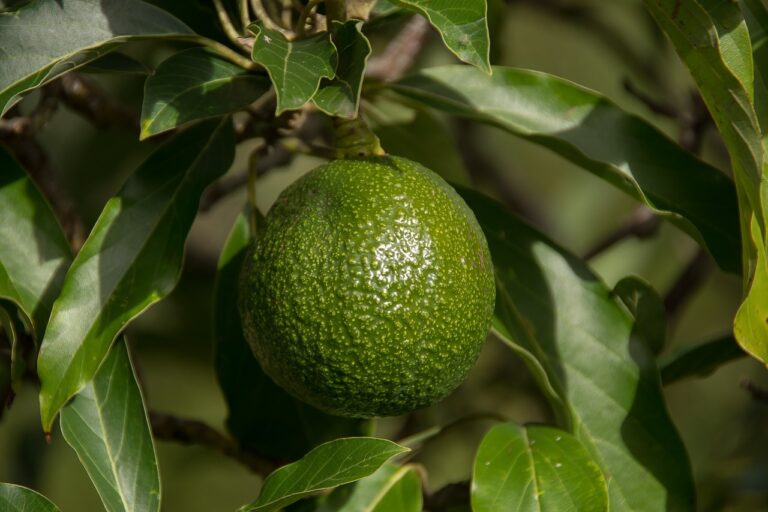Navigating Elderly Home Care in Singapore: A Comprehensive Guide for Families
As Singapore’s population ages, the demand for quality elderly care continues to rise. For families seeking the best care options for their loved ones, understanding the landscape of elderly homes is crucial. This guide delves into the various aspects of Elderly Home in Singapore, helping you make informed decisions.
Understanding Elderly Homes in Singapore
Elderly homes, commonly referred to as nursing homes, are residential facilities that provide comprehensive care for seniors who require assistance with daily activities and medical needs. These homes cater to individuals who may be physically or mentally disabled due to illness, semi-mobile, or bedbound, and unable to be cared for at home by family or paid domestic workers.
Types of Elderly Homes
1. Voluntary Welfare Organisation (VWO) Nursing Homes
These are non-profit nursing homes that often receive government funding and donations. They provide affordable care options and are suitable for seniors from lower-income households.
2. Private Nursing Homes
Privately operated, these homes offer a range of amenities and services, often at a higher cost. Some private nursing homes are accredited by the Ministry of Health (MOH) and may offer subsidised rates for eligible residents.
Cost of Elderly Homes
The cost of residing in an elderly home varies based on the type of facility, level of care required, and eligibility for subsidies.
-
VWO Nursing Homes: Approximately $700 – $2,418 per month after subsidies.
-
Private Nursing Homes: Ranges from $1,200 to $4,500 per month before subsidies. Premium single-bed rooms can cost between $4,000 to $6,500 monthly.
Additional costs may include charges for adult diapers, special feeds, ambulance services, therapy sessions, and other variable expenses.
Government Subsidies and Financial Assistance
Singapore offers various subsidies to make elderly care more affordable.
Residential Long-Term Care Services Subsidy
Eligible Singapore Citizens and Permanent Residents can receive subsidies ranging from 10% to 75%, determined through household means-testing based on Monthly Per Capita Household Income (PCHI) and the Annual Value of their residential property.
Other Financial Assistance Schemes
-
Community Health Assist Scheme (CHAS)
-
Seniors’ Mobility And Enabling Fund (SMF)
-
Interim Disability Assistance Programme for the Elderly (IDAPE)
-
Pioneer Generation Disability Assistance Scheme (PioneerDAS)
-
Merdeka Generation Package
These schemes provide additional support for medical expenses, mobility aids, and other essential services.
How to Apply for an Elderly Home
To apply for admission into a nursing home:
-
Assessment: The elderly individual must be assessed as physically or mentally disabled due to illness, semi-mobile or bedbound, and unable to be cared for at home.
-
Referral: Obtain a referral from a Medical Social Worker at a hospital or polyclinic.
-
Application: The Social Worker will assist in submitting the application to the Agency for Integrated Care (AIC), which manages the availability of nursing homes in Singapore.
Choosing the Right Elderly Home
When selecting an elderly home, consider the following factors:
-
Location and Accessibility: Proximity to family members for regular visits.
-
Living Environment: Cleanliness, comfort, and a conducive atmosphere for long-term care.
-
Staffing and Care Quality: Well-trained caregivers and a good caregiver-to-resident ratio.
-
Facilities and Services: Availability of medical services, therapy sessions, and recreational activities.
-
Cost and Subsidies: Affordability and eligibility for government subsidies.
FAQs
Q1: What is the difference between a VWO and a private nursing home?
A: VWOs are non-profit organisations that often receive government funding and donations, providing more affordable care options. Private nursing homes are for-profit entities that may offer more amenities and services at a higher cost.
Q2: How do I know if my loved one is eligible for subsidies?
A: Eligibility is determined through the National Means Testing System (NMTS), which assesses household income and the annual value of the residence.
Q3: Can I apply directly to a private nursing home without a referral?
A: Yes, direct applications can be made to private nursing homes. However, to be eligible for government subsidies, a referral through a Medical Social Worker is required.
Q4: Are there additional costs beyond the monthly fees?
A: Yes, additional costs may include charges for adult diapers, special feeds, ambulance services, therapy sessions, and other variable expenses.
Q5: How can I find a list of nursing homes in Singapore?
A: The Agency for Integrated Care (AIC) provides a comprehensive list of nursing homes and care services on their website.
Conclusion
Selecting the right elderly home is a significant decision that impacts the well-being of your loved one. By understanding the types of facilities available, associated costs, and subsidy options, you can make an informed choice that ensures quality care and peace of mind.
For more information on elderly care services, visit Econ Healthcare.







